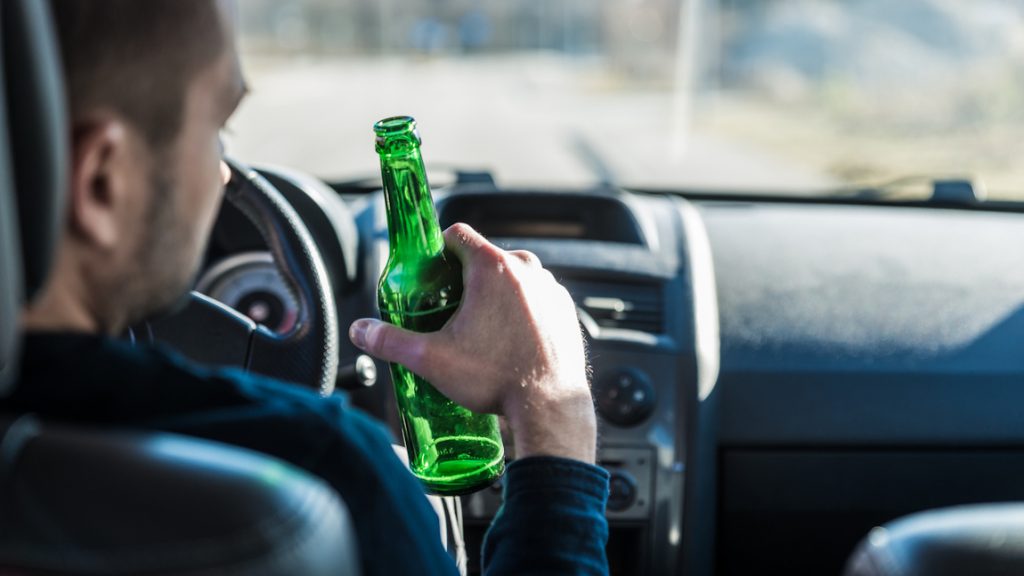If you find yourself navigating through January, continuing to hustle for various reasons, now is the time to make it about this: when it comes to your health, avoiding alcohol is undoubtedly a good thing, ensuring your body reaps all possible rewards from every workout. Abandoning alcohol will lead to improved performance and more enjoyable exercise.
Dehydration Station
When your skin resembles the Sahara, you know last night’s mojito had an unholy alliance with you. Alcohol is a diuretic, flushing fluids out of your system, and 90% of hangover symptoms are a direct result of dehydration. Water is crucial for keeping our bodies functioning properly—no breaking news there—but it also helps regulate temperature, making exercise tricky when dehydrated.
If alcohol is in your system, your heart rate increases faster than usual, your body temperature significantly rises, making exercise uncomfortable. You’ll also sweat more than you’re used to, further dehydrating your body. If you’re drinking, try replacing alcoholic beverages with a glass of water. It won’t prevent dehydration, but it will help alleviate it.
Muscle Fatigue
Lactic acid, the culprit behind cramps, accumulates when we drink alcohol, meaning we’re more likely to experience painful moments during exercise, which, let’s face it, might already be painful enough. Inevitable outcomes include muscle fatigue and a lack of growth hormone, crucial for both building and repairing muscles. If you persist in drinking, recovery time after exercise will be longer, and overall muscle training will be challenging.

Performance
While minimal alcohol consumption might not affect your exercise the next day, more importantly, it has been proven to impact your performance during exercise—making it more difficult, and less satisfying afterward. One study suggests that a hangover can decrease aerobic performance by 11.4%.
Sugar Spikes
Alcohol often contains sugars, and when food has such a high blood sugar load, it quickly turns into glucose once fully digested. This sudden spike means the body becomes inflamed, leading to water retention, bloating, and fatigue as it drops again—not ideal for an easy exercise process. If you plan to work out in the days following drinking, avoid wine, cocktails, or syrup-laden drinks—they’re high in sugar and can greatly impact your workout.
Reduced Metabolism
Due to the stress alcohol puts on the digestive system, the stomach and intestines become sluggish. With the relaxation of digestive secretions, the rate at which the body absorbs essential nutrients also slows down, leading to a slowed metabolism. Opt for nutrient-rich foods (such as nuts and dark leafy greens) before consuming alcohol to help the digestive system function optimally—this will help limit the impact on metabolism.
Unhealthy Cravings
The day after a few drinks often brings on a series of cravings for high-fat foods, hence the nationwide appreciation for greasy breakfasts. Alcohol triggers a surge in a chemical called galanin in the brain, causing cravings for fatty foods. This dull feeling and a diet lacking in nutrition mean our bodies aren’t getting fuel in the right way, making exercise challenging.



